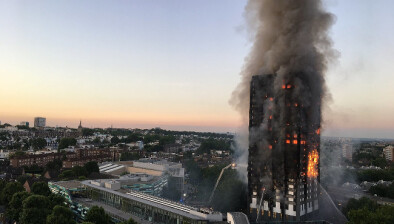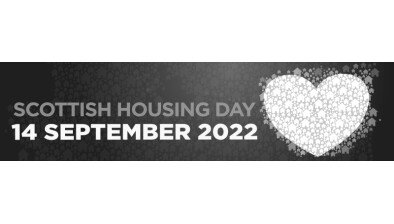Blog: What can we learn from affordable housing in India?

Following a trip to India earlier this year, CIH South East international group’s Vipul Thacker guest blogs about what we can learn from the country’s efforts to improve its affordable housing offer.
CIH’s members work in 20 countries across the globe, including Canada, New Zealand, Australia and Nigeria. These members have chance to take part in international housing study visits - and to further expand its international learning, CIH’s South East international group recently took part in a study visit to India.
Housing for all
India’s ‘Housing for all’ scheme is the vision of Prime Minister Narendra Modi. First launched in June 2015, the scheme’s main aim is to build 20 million new houses by 2022.
DBS - one of the development companies the group visited in Gujarat - works with the explicit objective of fulfilling an urgent need in the housing market. It’s based on a market-driven approach with the heart of a social enterprise. DBS sees this as a solution to the overwhelming problem of housing for India’s urban poor. Its approach has already benefitted 5,000 households - 100,000 people - and DBS has ambitious plans to triple its efforts by 2022.
DBS adheres to three important pillars for provision of affordable housing:
The organisation has invested in creating a research and development centre: the Academy for Sustainable Habitat Research and Management (ASHRAM), designed to enhance sector knowledge. Another unique initiative of DBS is a housing facilitation centre, Griha Pravesh, which works closely with families and is embedded within communities.
Financial support
DBS believes that it’s not the provision of housing stock that is a measure of its success, but the creation of cohesive communities of people who have advanced their socio-economic status and worked towards an improved quality of life.
However, its target customers often do not qualify for formal financing, as they may not possess income or identification papers - and this can cause a real problem. As a result, DBS works closely with MHFC, a Mumbai-based company which gives low-income households loans to buy homes and operates in more than 15 cities in India.
‘Micro mortgages’ are usually between 100,000 rupees (£1,000) and one million rupees (£10,000). With the average price of affordable homes developed by DBS ranging from £3,000 to £12,000, these loan facilities go a long way to helping target groups realise their dream of owning a home.
Building communities
On statistical terms, DBS consider its projects successful if:
In DBS communities, community development initiatives - with a focus on training, education and health - start before an individual becomes a customer and continue well after they become a home owner. The research and development centre , ASHRAM, continuously tracks and evaluates the holistic progress of its customers.
No wonder DBS has a waiting list of ready-to-buy customers, who have the funds ready to buy properties through loans from organisations such as MHFC. This helps DBS to build and sell at an affordable rate.
The most fundamental needs of human survival - food, shelter and clothing - are becoming scarce. Out of the three, the most complex subject is shelter. A decent home remains a distant dream for the common man in India. DBS is pioneering efforts to make a difference, and perhaps has found a possible solution of how affordable housing can be brought within reach of those who require it.







